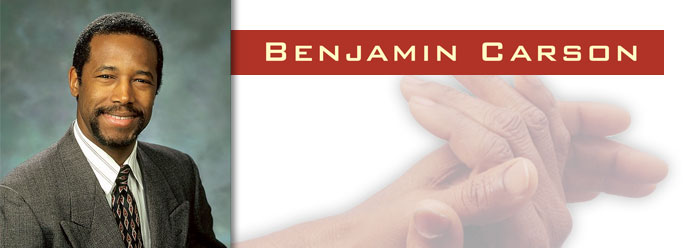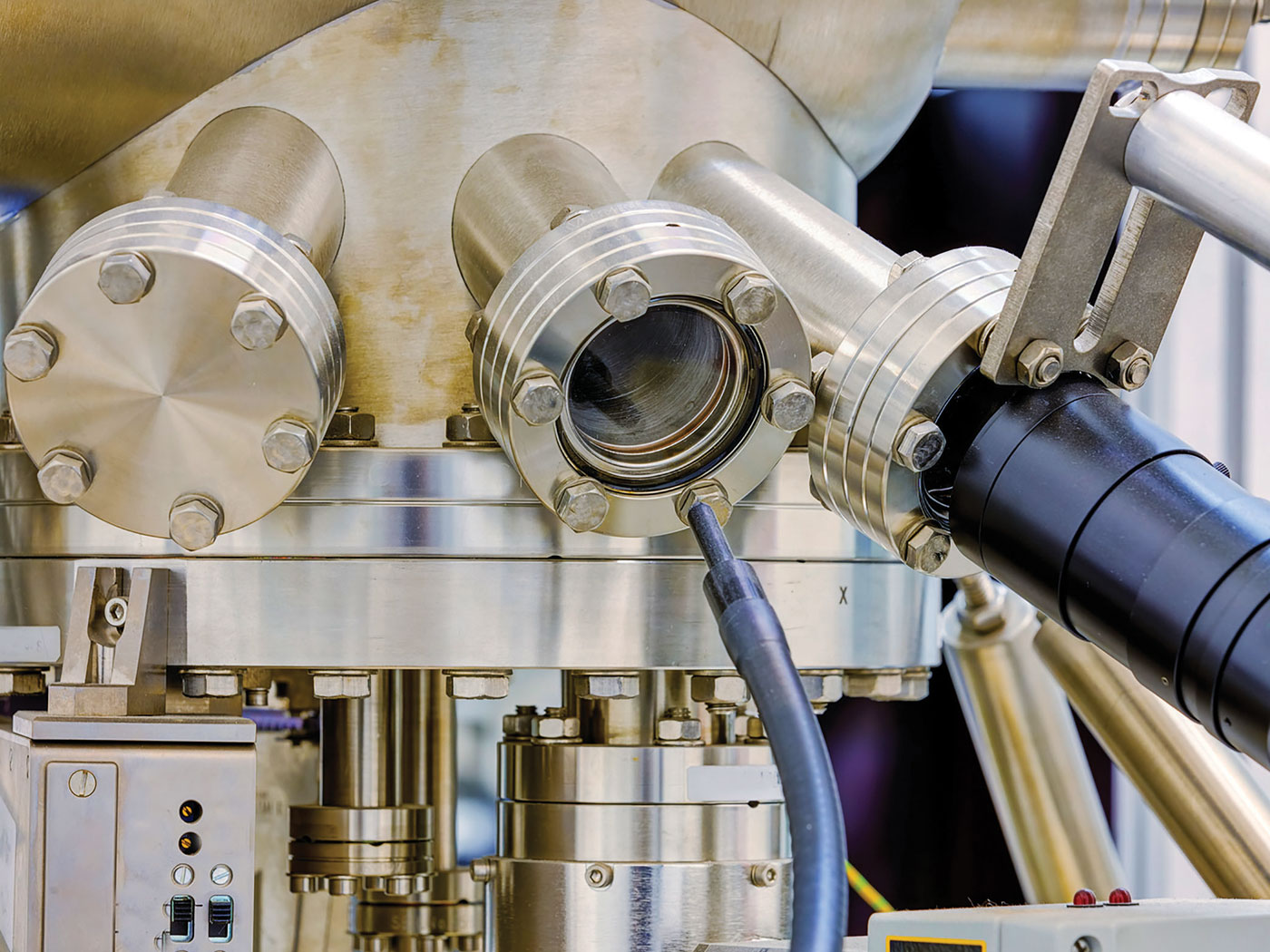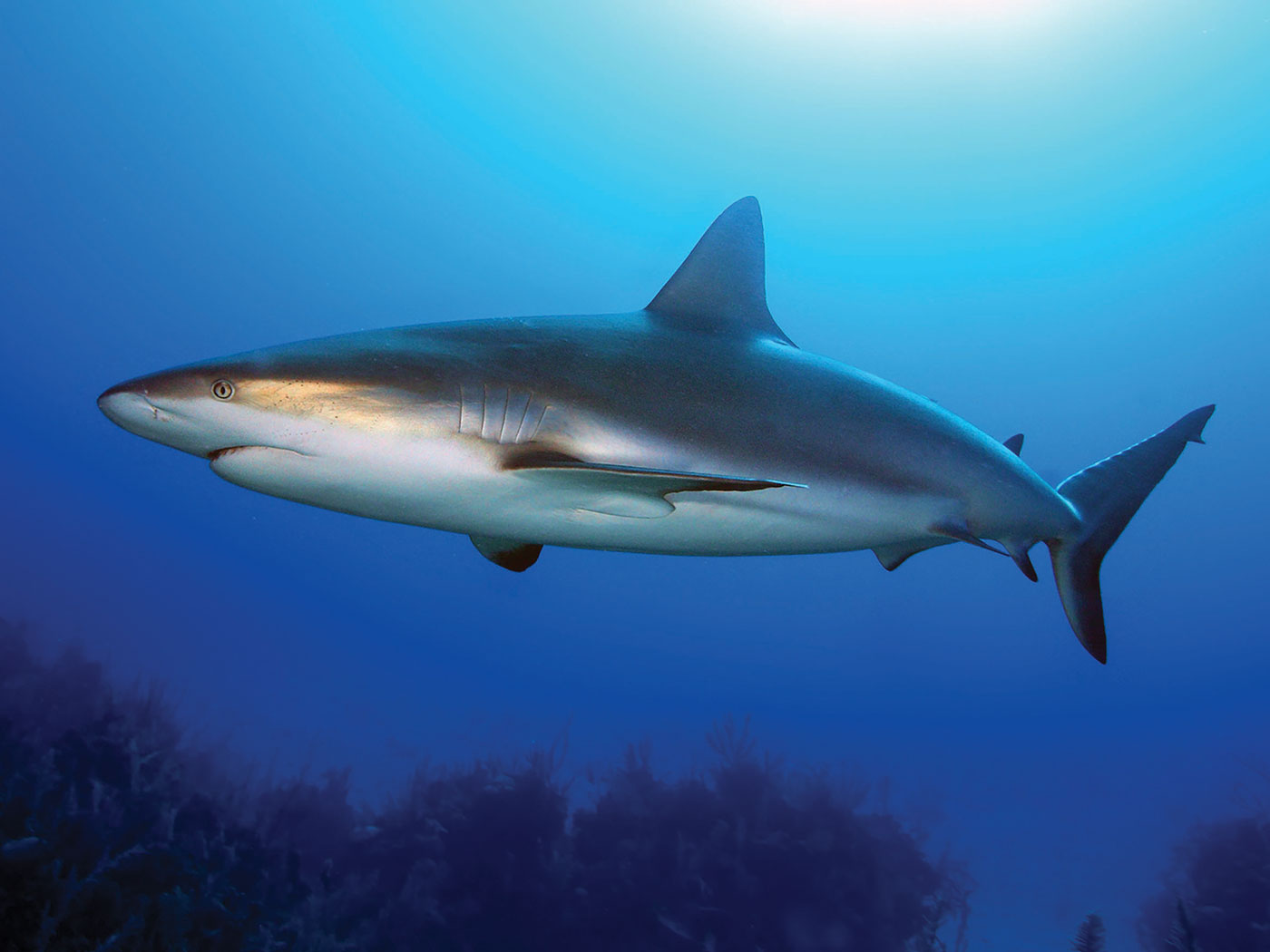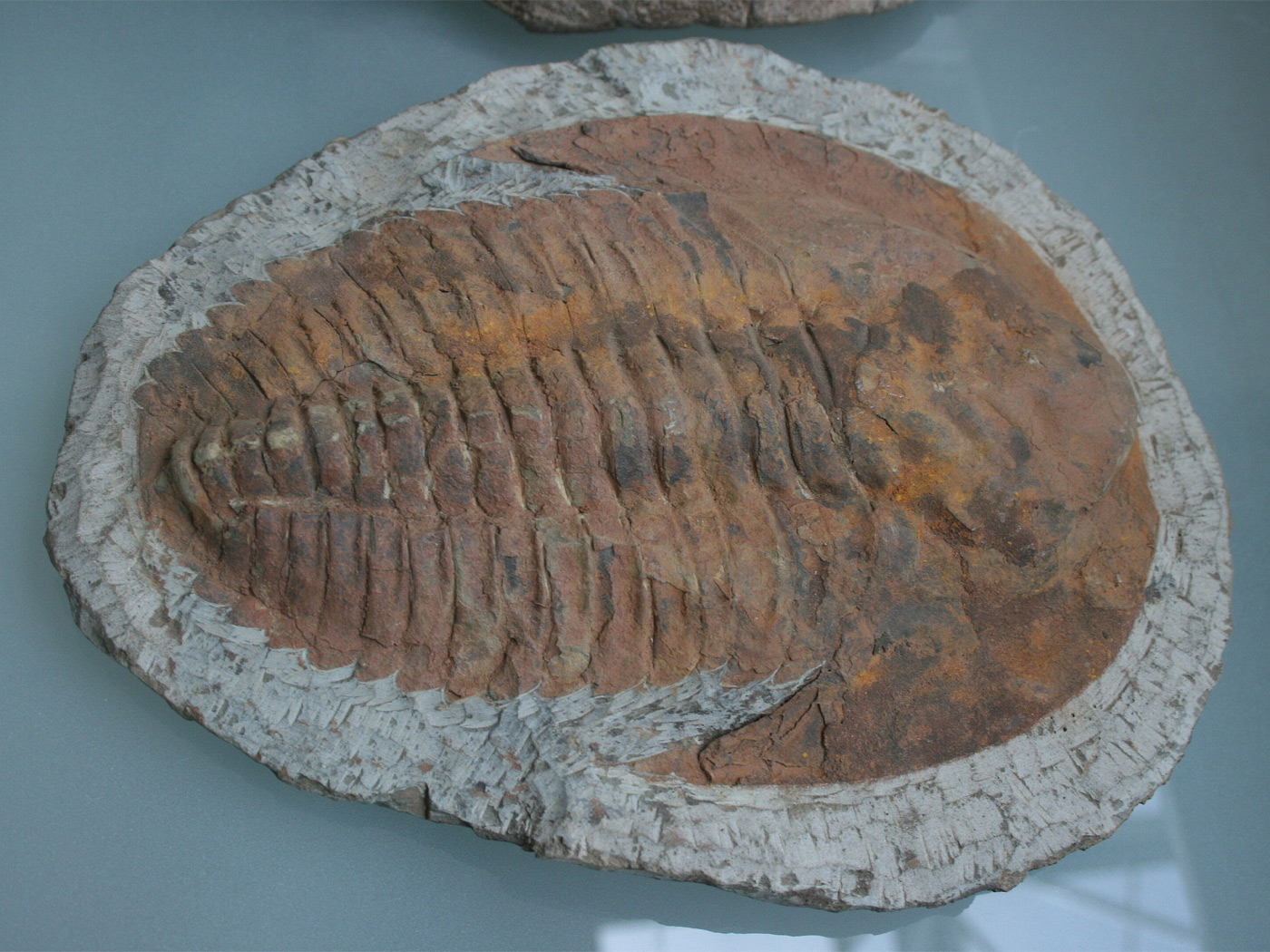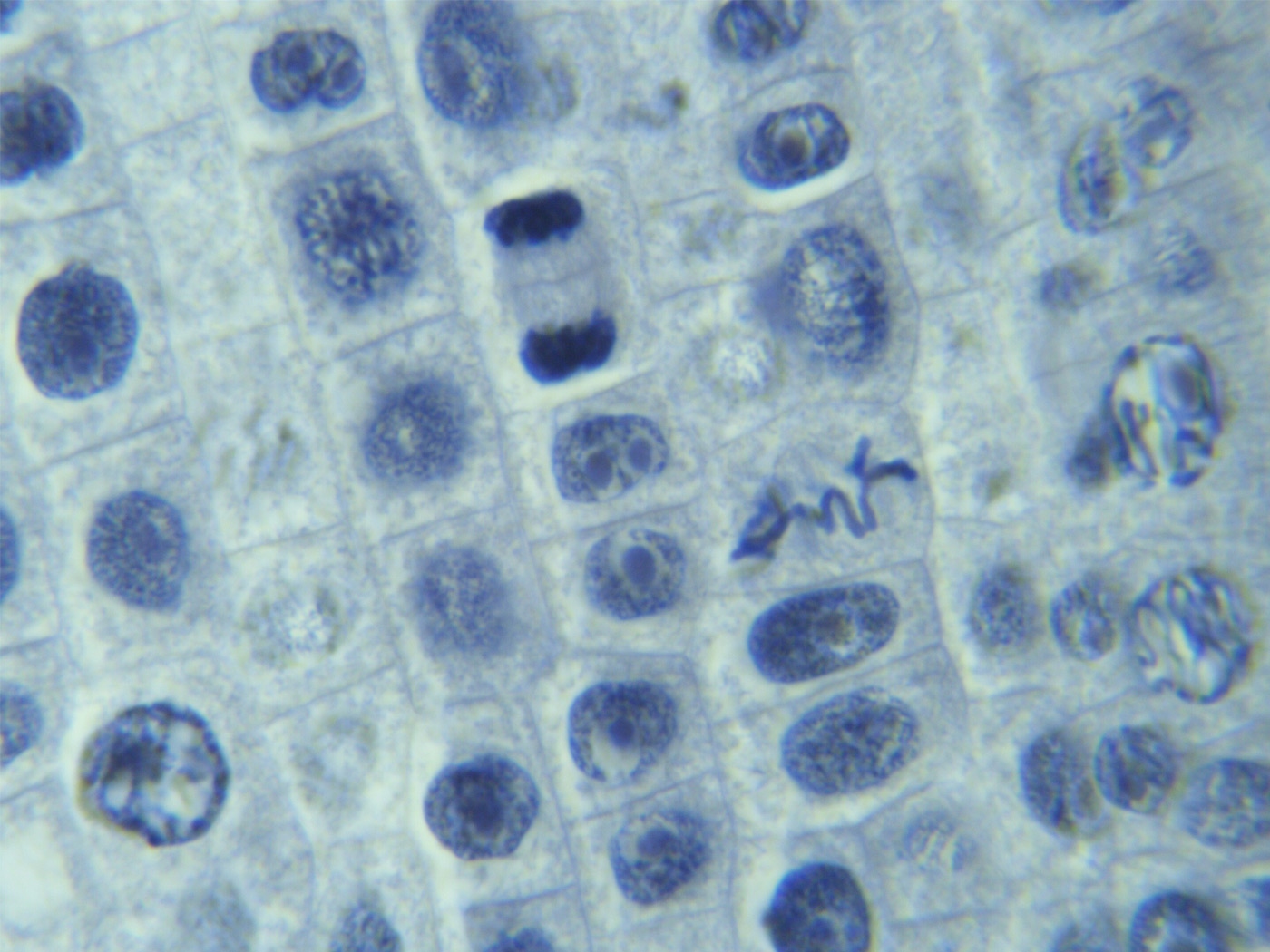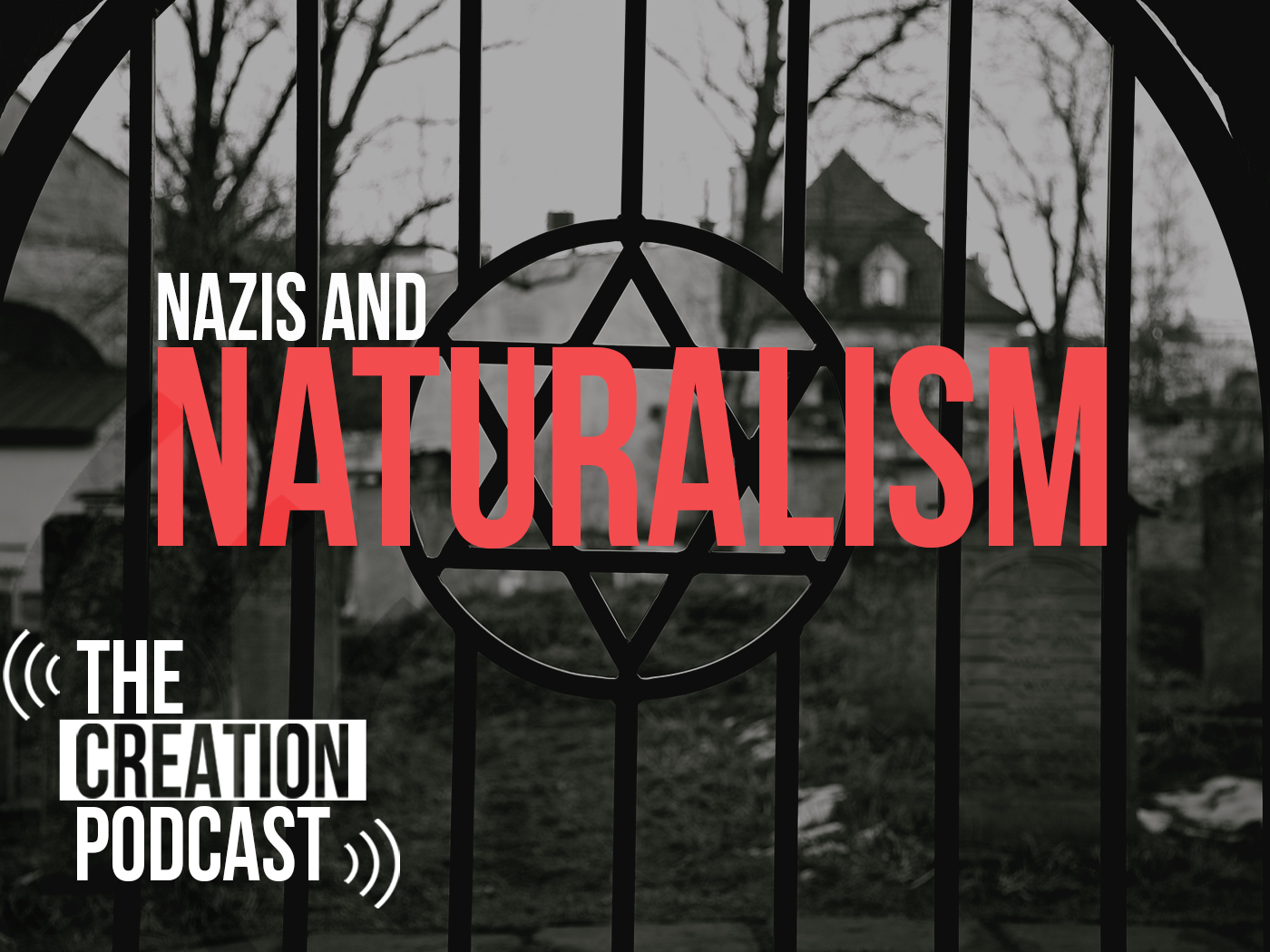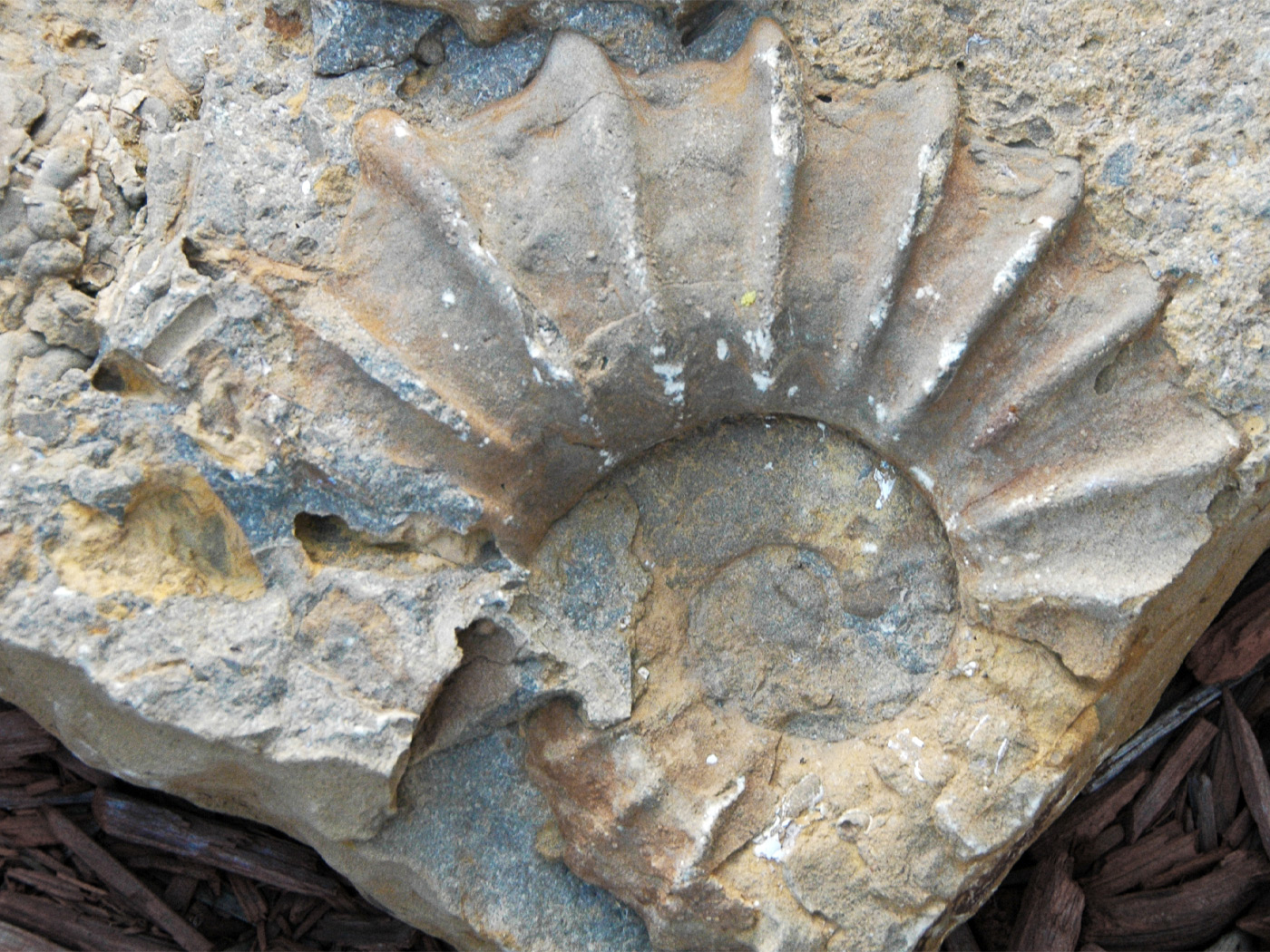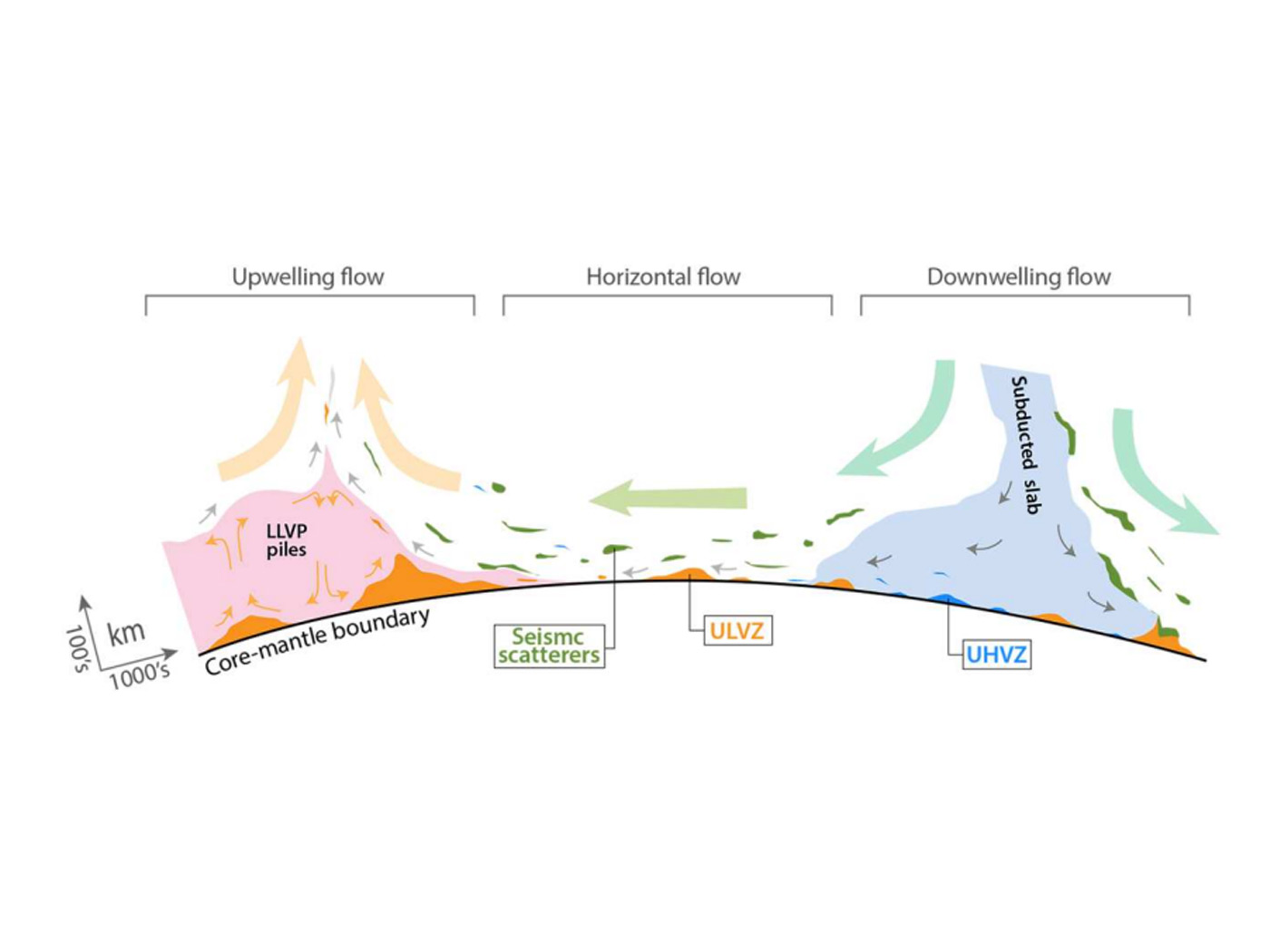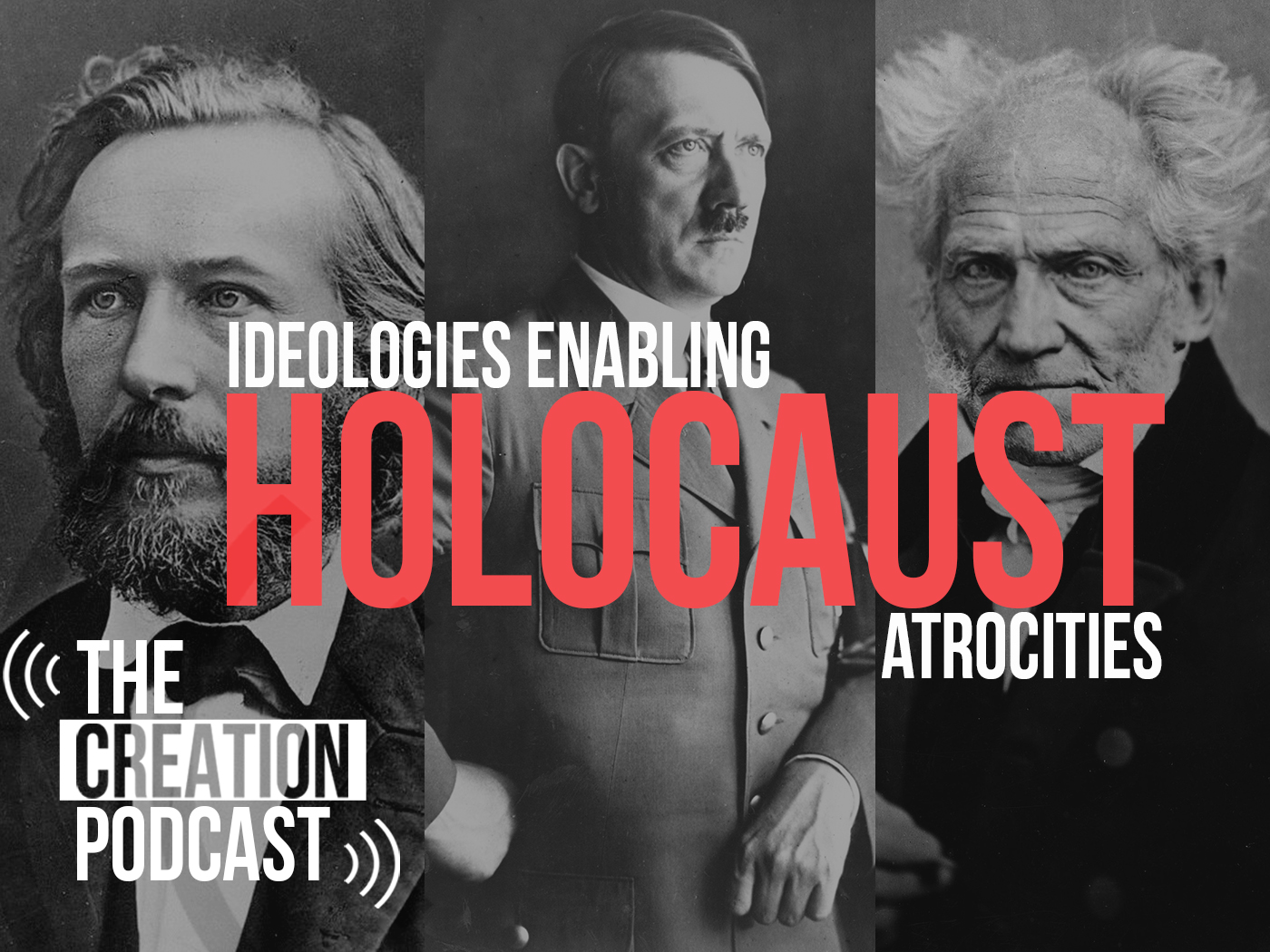Introduction
Benjamin S. Carson, M.D., one of the world's foremost pediatric neurosurgeons, is professor and chief of pediatric neurosurgery at Johns Hopkins University Medical School.1 Born on September 18, 1951, in Detroit to a single mother in a working class neighborhood, Ben showed promise from a young age.2 A graduate of Yale and the University of Michigan Medical School, he was rated by a Time issue titled "America's Best" as a "super surgeon."3 Dr. Carson was also selected by CNN and Time as one of the nation's top 20 physicians and scientists, and by the Library of Congress as one of 89 "living-legends."4
Dr. Carson is a leading research scientist. A "voracious reader of the medical and scientific literature" from his graduate school days, he has long been very interested in scientific research and has been very active in this area for his entire career,5, 6 with over 120 major scientific publications in peer reviewed journals, 38 books and book chapters, and grant awards of almost a million dollars. His achievements have so far earned him 51 honorary doctorates, including from Yale and Columbia Universities.
A Master Surgeon and Scholar
Ben Carson revolutionized his field in several areas, including hemispherectomies (removal of half of the brain to prevent untreatable severe seizures, such as those caused by Rasmussen's encephalitis). He dramatically increased the safety of the procedure by developing several major surgical innovations, which include better ways of controlling bleeding and infection, as well as an innovative system of incrementally removing specific brain parts as units rather than in whole sections.3
Dr. Carson has also contributed to new techniques used for conjoined twin separation7 and accomplished one of the most complex surgical feats in history as the lead surgeon of a team that separated twins joined at the back of the head in a 22-hour-long operation. Known as the doctor who takes cases that no other doctor will risk, Dr. Carson has had outstanding success in spite of this challenge. For example, he has achieved an amazing 80 to 90 percent success rate for difficult-to-treat trigeminal neuralgia.8
A Creationist
After Dr. Carson reviewed in detail the evidence for design in nature, he concluded, "I just don't have enough faith to believe" that the living world happened by evolutionary processes.9 He added that 150 years after Darwin, there is still no evidence for evolution.
It's just not there. But when you bring that up to the proponents of Darwinism, the best explanation they can come up with is "Well…uh…it's lost!"…I find it requires too much faith for me to believe that explanation given all the fossils we have found without any fossilized evidence of the direct, step-by-step evolutionary progression from simple to complex organisms or from one species to another species. Shrugging and saying, "Well, it was mysteriously lost, and we'll probably never find it," doesn't seem like a particularly satisfying, objective, or scientific response.10
Carson concluded that the "plausibility of evolution is further strained by Darwin's assertion that within fifty to one hundred years of his time, scientists would become geologically sophisticated enough to find the fossil remains of the entire evolutionary tree in an unequivocal step-by-step progression of life from amoeba to man."11
As a neurosurgeon, he stresses the "factors that contribute to the failure to utilize fully the most amazing God-given resource, our brain, such as peer pressure and political correctness, which often limits our willingness, even as objective scientists, to have thoughtful, rational discussions about evolution versus creationism."9 It is even harder for him to accept how so many people who can't explain how evolution can account for all life claim that it is a fact, while at the same time "insisting anyone who wants to consider or discuss creationism as a possibility cannot be a real scientist."10
Taking the Risk
In Dr Carson's latest best-selling book, Take the Risk, he discusses the need to balance the risks and benefits of any activity that one considers undertaking. For example, although Dr. Carson has addressed students and general audiences hundreds of times, he took a big risk to explain his creation views as the keynote speaker at the National Science Teachers convention in Philadelphia. He told the science teachers that "evolution and creationism both require faith. It's just a matter of where you choose to place that faith."
I find it as hard to accept the claims of evolution as it is to think that a hurricane blowing through a junkyard could somehow assemble a fully equipped and flight-ready 747.…Which is why not one of us has ever doubted that a 747, by its very existence, gives convincing evidence of someone's intelligent design.12
He then stressed the fact that the human body and brain are "immeasurably more complex, more versatile, more amazing in a gazillion ways than any airplane man has ever created." In short, only an intelligent creator explains "how such a complex, intelligently designed universe could come into existence."13
Talking to 15,000 science teachers about evolution and creation was a challenge, yet the most formidable audience Dr. Carson has ever faced was the ultra-prestigious Academy of Achievement, which invited him to be part of a panel discussion on "Faith and Science" during its annual International Summit. Dr. Carson writes that the membership was so imposing he had to ask himself whether he really wanted to discuss his spiritual beliefs in front of an organization that included every living former president of the United States, "along with numerous other heads of states and Nobel Peace Prize recipients."
My years of membership in the Academy had provided some wonderful experiences, and I had made a lot of friends whose opinions, goodwill, and respect still matter to me. But did I want to risk all that to share honestly with them my views on faith and science?14
He felt that the stakes were higher this time than in all of his previous lectures because of the possibility of embarrassing himself in front of numerous Nobel scientists.
Still, the same positive potential--the chance that this opportunity could open objective discussion and might help others find the courage to talk about what they truly believe--also seemed like a better best. That wasn't…because I thought anything I said would change the thinking of the Academy's distinguished members, but because we invite as guests to our summit each year three hundred or so of the next generation's best and brightest (Rhodes Scholars, Fullbright Scholars, White House Fellows, and the like).14
The experience proved to be both very challenging and rewarding. One reason was that the noted paleoanthropologist Dr. Donald Johanson was one of the other panelists.
[Johanson] is famous for his claims that the fossilized specimen he discovered in Africa named "Lucy" represented an extinct species from which the human race descended. In the course of our discussion, he made…a condescending remark when he asserted that "true scientists" base everything they do and decide upon facts, unlike those people who choose to depend on God. So when it was my turn to speak, I made the point that "true scientists" often overlook many, many gaps in what they purport to be fact…when in reality some of their own theories require a great deal of faith to accept.15
The paleoanthropologist responded by jumping out of his chair and rudely interrupting Dr. Carson, who calmly responded by noting that he was
"only making a general observation based on my experience. But if the shoe fits …." Laughter rolled through the audience before I went on to say that religion and science both require faith, that the two disciplines don't always have to be mutually exclusive, that people have to choose where to put their faith, and that choice doesn't make you superior to those who believe differently.15
Dr. Johanson's arrogance was apparent in view of the fact that we know "next to nothing about" how the living brain actually works, not to mention that of our putative evolutionary ancestors.8 Dr. Carson concluded that the most affirming responses came from the graduate students who thanked him for his presentation. One scholar from Oxford even told him that, although an atheist, after hearing Dr. Carson's talk he is now seriously rethinking his atheism. Carson concluded, "That seemed reason enough to risk talking about faith."16
Conclusion
Ben Carson, one of the most respected and successful neurosurgeons in the world today, is a creationist who is not afraid of openly voicing his conclusions to august audiences the world over. Called the man with gifted hands for his surgical skill, his example of overcoming poverty to become a leading scholar and scientist has inspired millions.6 His openness about creation may inspire millions as well.
Note: I wish to thank Dr. Ben Carson for reviewing and correcting an earlier draft of this paper.
References
- Bishop, R. 1999. Beyond Brain Power. Christian Reader. July-August, 19-28.
- McMurray, E. 1995. Benjamin S. Carson. Notable Twentieth-Century Scientists. New York: Gale Research, 320-321.
- Gorman, C. 2001. Super Surgeon. Time. 158 (7): 34-35.
- Asimakoupoulos, G. 2003. Ben Carson: A Doctor in Patients Clothing. Focus on the Family Physician. 15 (4): 4-6.
- Green-Bishop, J. February 2004. The Healing of a Healer. Dallas Weekly.
- Carson, B. S. 1990. Gifted Hands. Grand Rapids, MI: Zondervan.
- Ryan, M. If You Can't Teach Me, Don’t Criticize Me. Parade, May 11, 1997, 6-7.
- Dreifus, C. 2001. Scientific Conversations. New York: W. H. Freeman Book, 200-201.
- Carson, B. S. 2008. Take the Risk. Grand Rapids, MI: Zondervan, 126.
- Ibid, 130.
- Ibid, 129.
- Ibid, 128.
- Ibid, 128-129.
- Ibid, 137-138.
- Ibid, 138-139.
- Ibid, 140.
* Dr. Bergman is an Adjunct Associate Professor at the University of Toledo Medical School in Ohio.
Cite this article: Bergman, J. 2009. Benjamin Carson: The Pediatric Neurosurgeon with Gifted Hands. Acts & Facts. 38 (1): 10.




